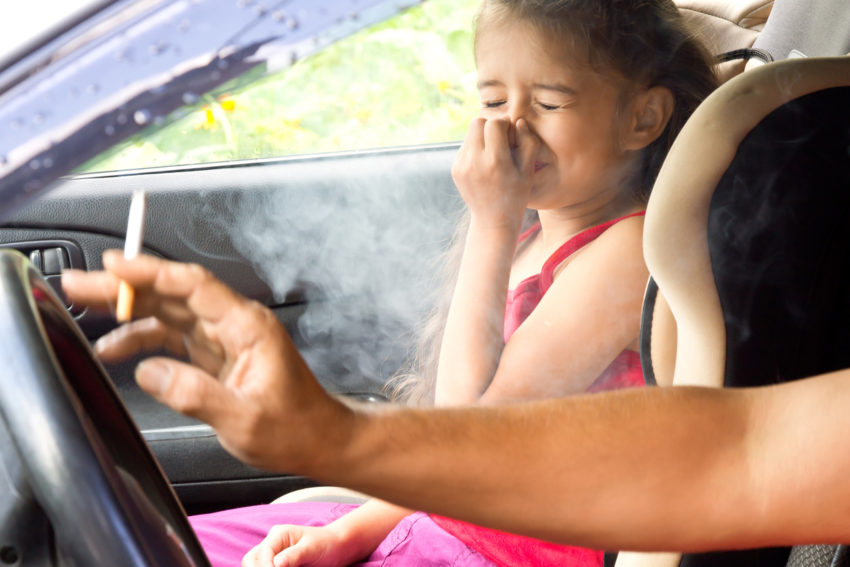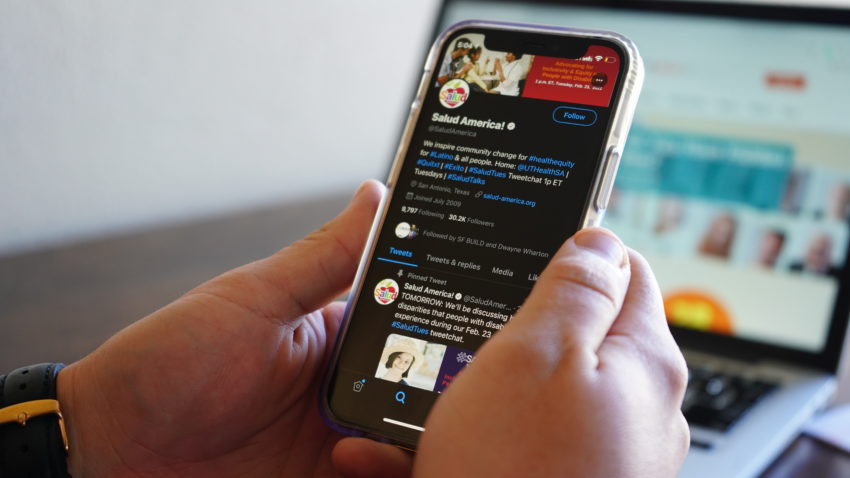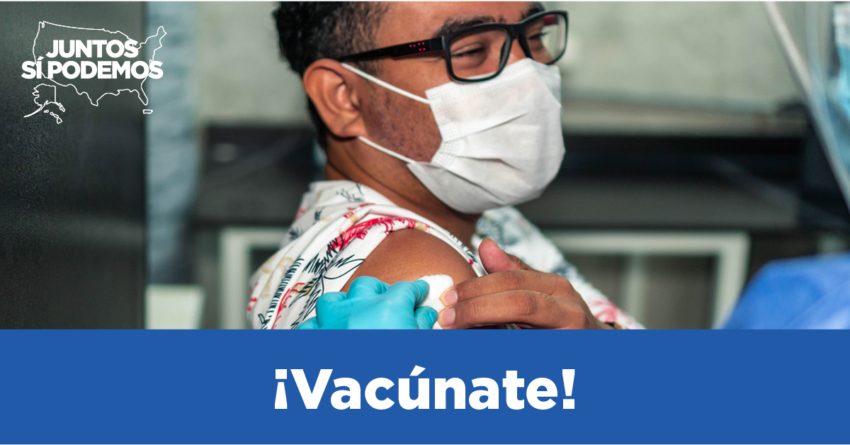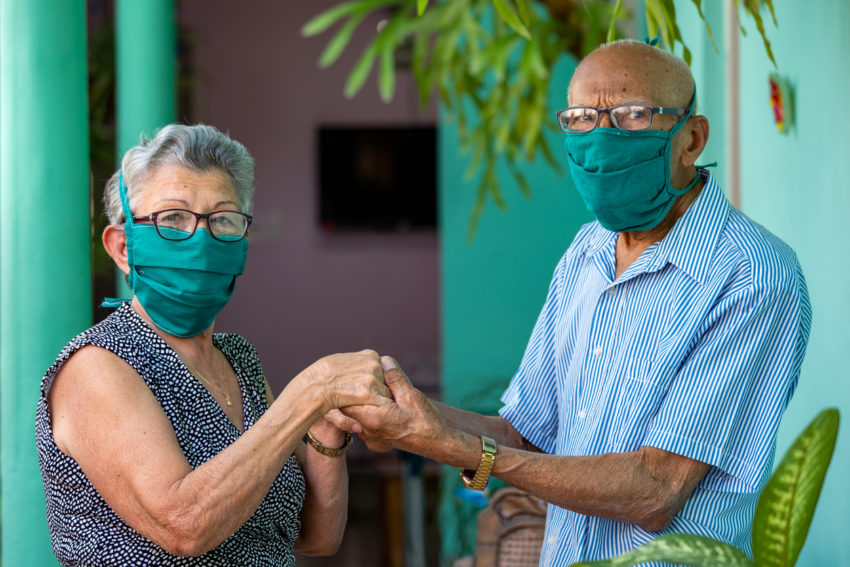CDC Launches Spanish WhatsApp Chat to Encourage More Latino COVID-19 Vaccinations
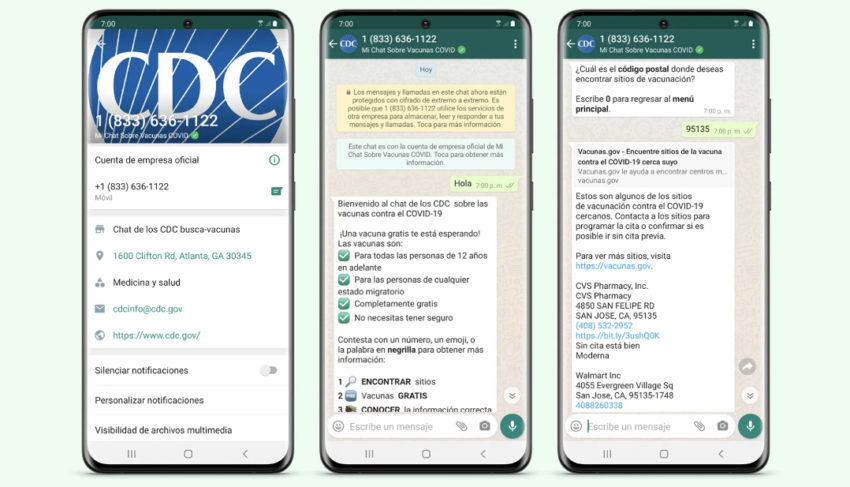
CDC has partnered with WhatsApp, a social media messaging platform, to deliver COVID-19 vaccine information to Spanish-speaking users to encourage them to get the shot. The chat, "Mi Chat Sobre Vacunas COVID," is live and available here. "Once the user replies with 'hola,' the app returns a menu of options. [These include] information about nearby vaccination sites, transportation to and from the location and answers to frequently asked questions," according to NBC News. CDC is making vaccine equity is a vital goal to end the coronavirus pandemic. They define equity as preferential access and administration to those who have been most affected by COVID-19. Latino Usage of WhatsApp Over 30 million Latinos use WhatsApp. They use it much more than other social media platforms, ...
Read More

